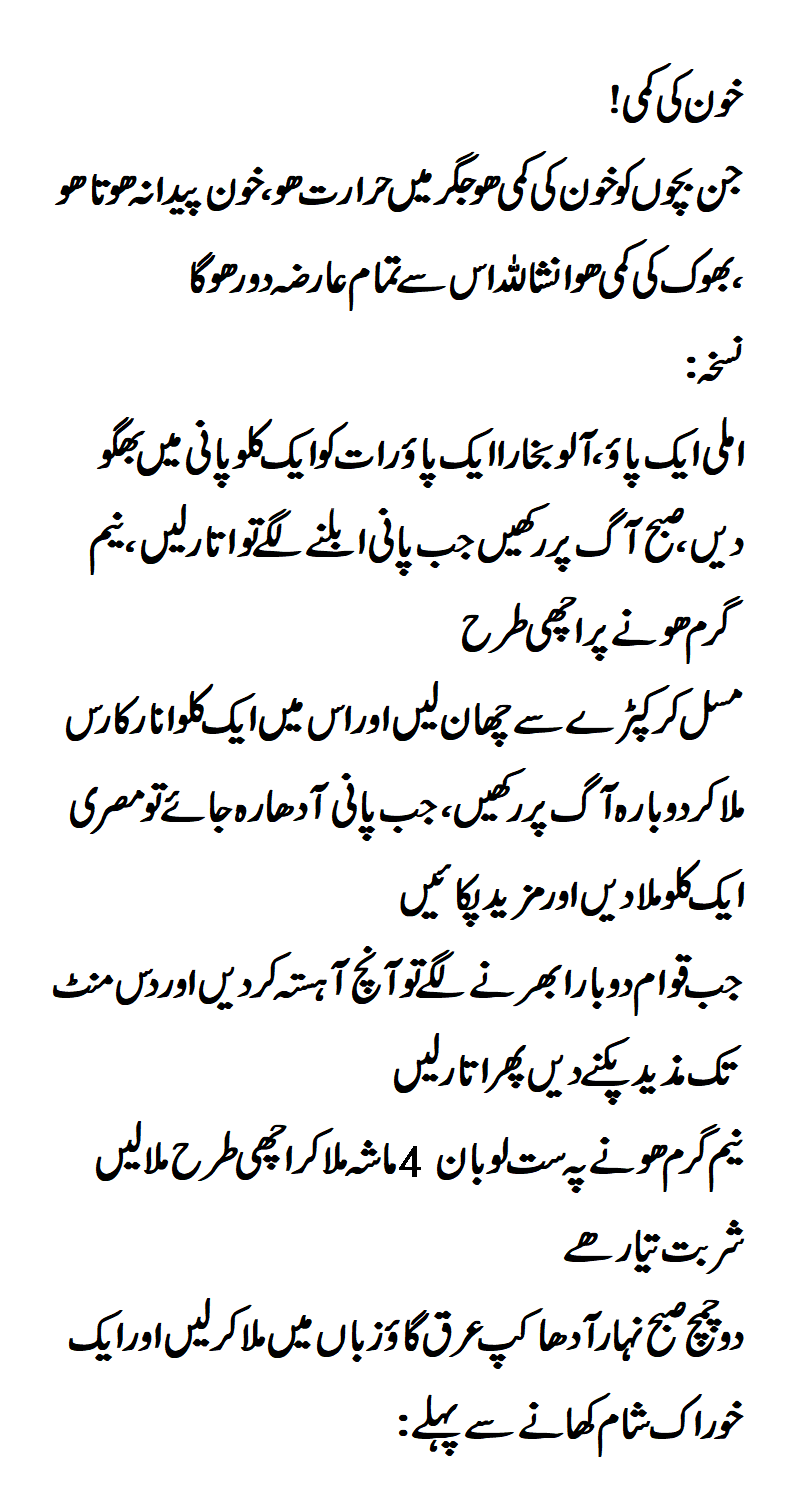Although many parts of the body help make red blood cells, most of the work is done in the bone marrow. Bone marrow is the soft tissue in the center of bones that helps form all blood cells.
Healthy red blood cells last between 90 and 120 days. Parts of your body then remove old blood cells. A hormone called erythropoietin (epo) made in your kidneys signals your bone marrow to make more red blood cells.
Hemoglobin is the oxygen-carrying protein inside red blood cells. It gives red blood cells their color. People with anemia do not have enough hemoglobin.
The body needs certain vitamins, minerals, and nutrients to make enough red blood cells. Iron, vitamin B12, and folic acid are three of the most important ones. The body may not have enough of these nutrients due to:
- Changes in the lining of the stomach or intestines that affect how well nutrients are absorbed (for example, celiac disease)
- Poor diet
- Surgery that removes part of the stomach or intestines
Possible causes of anemia include:
